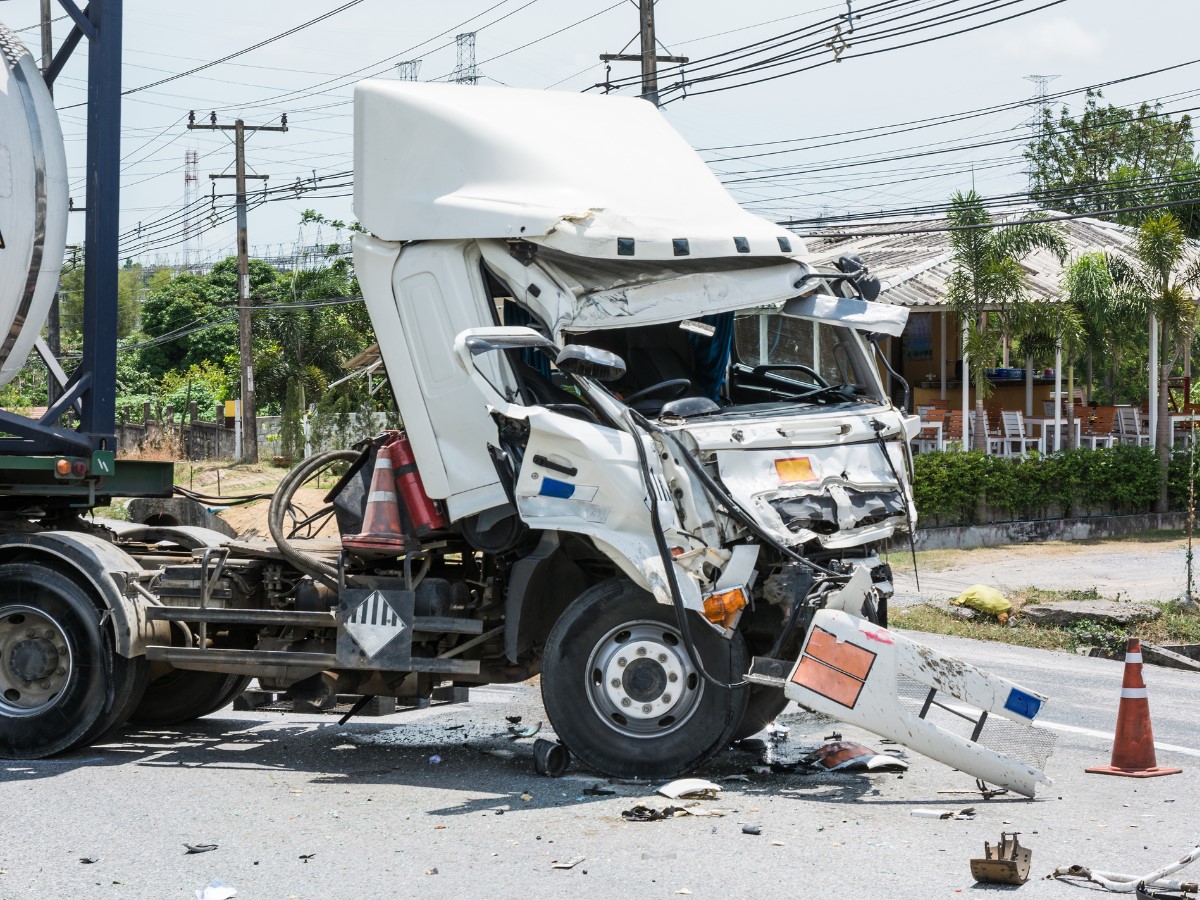Recovering from a workplace injury is more than just getting your body back into shape. As you isolate yourself from your workspace and fellow employees, your mental health may start to decline. Depression can readily impact the lives of those employees who find themselves taken from the plant or the office after an on-site injury.
The good news is that California state law dictates that these sorts of conditions can qualify a person for workers’ compensation, should the party in question wish to seek out treatment.
Symptoms of Depression
It isn’t easy to determine if you’re dealing with a depressive slump, especially if you don’t have a history of experiencing depression. Depression can vary for everyone. Some of the most common symptoms, however, include:
- A loss of interest in personal recovery, hobbies, and friends.
- A general sense of hopelessness.
- Increased fatigue or trouble sleeping through the night.
- Irritability or mood swings.
- Sudden weight changes.
- Suicide ideation or planning.
Note that anxiety and depression tend to work hand in hand with one another. A person in the midst of injury recovery may also begin to feel unusually anxious about their future, for example, to the point where that panic inhibits the person’s ability to go about their day-to-day responsibilities.
If you find yourself experiencing any of the above symptoms of depression, either in addition to or separate from anxiety symptoms, you may have the right to pursue mental health care while receiving workers’ compensation.
Treating Injury-Related Depression
California law states that employees diagnosed with a mental health condition or similar disorder by a medical professional have the opportunity to request workers’ compensation for their losses under specific circumstances. Specifically, employees may request workers’ compensation if:
- The condition in question requires active treatment.
- The condition is actively worsened by an injury obtained on the job or the conditions of the impacted party’s employment.
- The condition must have an established definition in the most recent version of the Diagnostic and Statistical Manual of Mental Disorders.
- The employee in question must have been employed with the business for at least six months prior to the worsening of this condition.
Even though California is a no-fault state, employees looking to secure workers’ compensation for their worsening mental health, even after enduring an on-site injury, must have met the conditions mentioned above to file a claim with their employer.
Overcoming Post-Accident Challenges With Local Help
The injuries you can suffer in the workplace aren’t just physical. Your mental health is just as important as your physical health. With that in mind, don’t shrug off symptoms that may indicate injury-related depression or anxiety. Instead, if you believe you may be developing either of these conditions or exacerbating them in your attempt to recover, reach out to the mental health professionals in your area. Legal professionals in your area can help you identify teams within your business’s purview, allowing you, in turn, to use your workers’ compensation for a comprehensive recovery.
You can reach out to Los Angeles, California professionals today to schedule a workers’ compensation case consultation.




